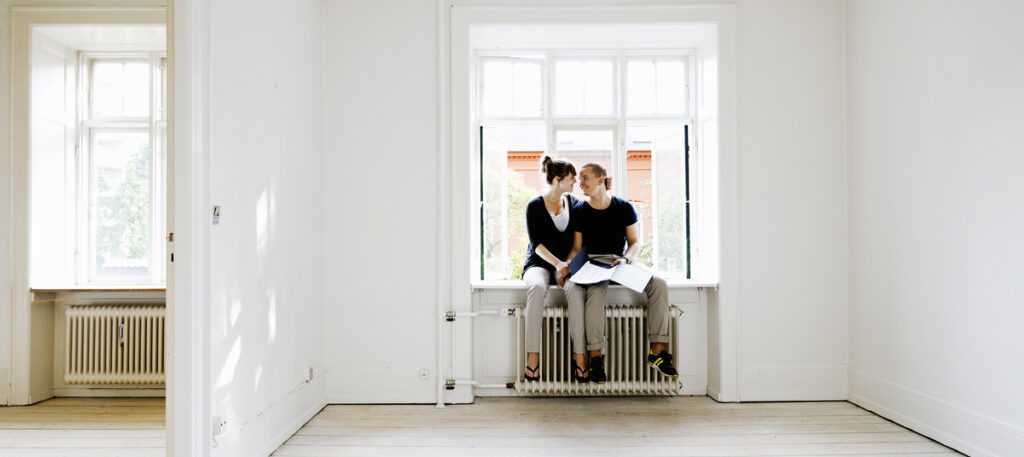How to terminate a rental agreement for a flat in Luxembourg?

Are you moving to another city or simply looking for a new place to live? Here are the steps to take to terminate your rental agreement easily.
To terminate your tenancy, start with the notice period
In purely regulatory terms, you must give your landlord (or the agency that rented the property to you) three months' notice, whether you have an open-ended or fixed-term lease - although beware of notice period before the end of your fixed-term contract.
This notice must, of course, indicate the precise date on which you will leave the accommodation vacant, but you do not have to give any reason for your departure in your letter. In principle, the lease is terminated by registered letter with acknowledgement of receipt.
...Then the state of play
It's time to pack and clean. This is also the period (the notice period) when you are obliged to accept visits from your potential successor, in accordance with the conditions laid down in the lease contract. The second compulsory stage in the process of permanently vacating your home is theexit inventory of fixtures. As the keys are handed over, it is logical that the move should take place in an empty flat or house. And as you will have to leave the property on the date indicated on the lease termination form, remember to plan your move a few days in advance! Although there is no legal obligation in Luxembourg to sign an inventory of fixtures on leaving, you have certainly paid a deposit on entering the apartment and would like to get it back. We can therefore only advise you to follow the landlord's wishes.
What the owner can retainr on your deposit
As a general rule, the inventory of fixtures is drawn up by the landlord and the tenant. However, it is possible that your relationship with your landlord has deteriorated for reasons X or Y. In this case, you can call on a third party, such as a bailiff or an estate agent. In theory, you must leave the accommodation in the state in which you found it, i.e. clean and undamaged. If necessary, the amount of the work will be deducted from your deposit (or rental guarantee). However, you should be aware that damage due to wear and tear, obsolescence or simply normal use of the premises (immaculate white walls will inevitably become darker after a few years), cannot be considered as rental damage.
You may also be interested in this article: Tenants: how to move out safely
What are the property prices at the moment?
Written by
atHome
Posted on
16 November 2017
